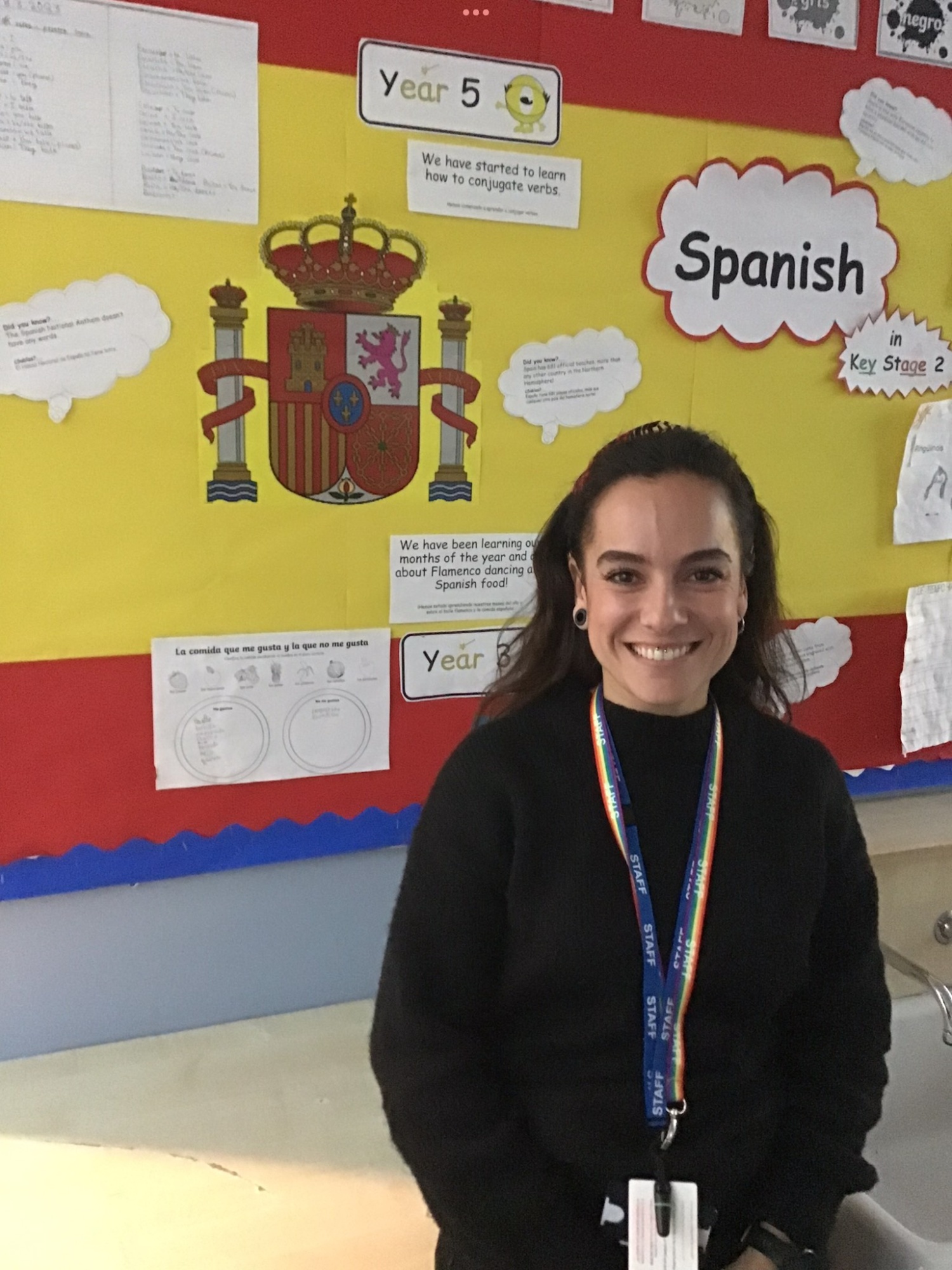Modern Foreign Languages
Intent
Learning a foreign language is a necessary part of being a member of a multi-cultural society and we want to enable our children to celebrate and welcome difference, helping them understand different languages and cultures and foster a curiosity and deepening understanding of the wider world.
Our aims are to teach children to express themselves in an additional language to their own. This will be through exposure to a variety of authentic sources, understanding both written and spoken word. Children will speak with increasing confidence, making themselves understood with increasing fluency and spontaneity.
Children will develop their reading, writing and listening skills and lay the foundations for future language learning. This will equip children with the ability and drive to study and work in other countries in their adult life.
Implementation
Children learn through a balance of different learning styles which support visual, auditory and kinaesthetic methods. Our lessons are based on the language learning process referred to as ‘R R P’ (repeat, respond, practise).
The curriculum has been designed to progressively develop language skills in Spanish and to promote the love of language learning. We have developed our own curriculum in line with the National Curriculum ensuring that children will experience a Modern Foreign Language through the 4 main domains of ‘Speaking and Listening’, ‘Reading and writing’, ‘Stories and Rhymes’ and ‘Grammar’ enabling them to understand and use the language with confidence in a range of real life contexts.
The children build on prior knowledge from units previously taught. All children in Key stage 2 are taught Spanish in a weekly discreet lesson delivered by our language specialist. Key stage 1 and EYFS children experience Spanish through classroom incidental experiences delivered by class teachers (saying the register in Spanish, learning basic colours, numbers etc linked to other lessons). Year 2 also explore Spanish through one of their Geography topics.
Our inclusive approach means all children learn together but we have a range of differentiated activities and provide support to enhance and scaffold children who may not be reaching their potential or moving on children who are doing very well.
Impact
We believe every child is unique! Our curriculum meets the needs of all of our children including disadvantaged pupils and those with SEND. We spend a great deal of time looking at, evaluating and adapting the way our children learn. This is achieved by talking to our children and making observations of their learning through lesson observations and evidence scrutiny. We also rigorously analyse data and progress by year group, class, groups and individuals.
Every class teacher uses ongoing assessment to identify children starting points against national data. We have assessment points throughout the year to update the progress that the children have made and identify those children who need further support or stretching.
EYFS and Key Stage 1
The children in Key Stage 1 try to use some simple Spanish in lots of different ways. they practise the colours, numbers to 20 and some simple greetings when they answer the register. We make sure we have some of our displays linked to Spanish to embed the language in school. In Year 2 they explore the Spanish culture, food and language through Geography when they investigate Mexico as a topic.
Key Stage 1 also have a weekly Spanish club as part of our after-school sessions and we learn about greetings, colours, numbers, body parts and some simple food.
Key Stage 2
Spanish lessons are taught by Miss Spa across Key stage 2. She is a talented linguist who speaks several languages fluently.
We work closely with our Secondary schools and Year 6 had some transition sessions with The Academy of St Francis of Assisi. the children loved playing ‘Guess who!’ Estilo espanol!
We also try to embed Spanish into our daily routines with some cross curricular lessons, in particular, mathematics and daily use of some simple language such as greetings and feelings.
Year 3 explore Spain as part of their Geography topic and will explore the culture, food and traditions as well as the language. The topic ends with a fabulous Spanish day with food tasting and Flamenco dancing, Ole!
What we are doing to help us reach our end of year expectations:
The children in Year 3 have been practising to answer a simple question and give an appropriate response. They have been joining in with songs and rhymes and are learning to say them by themselves. We are working towards asking and answering simple questions with adult support and saying a rehearsed statement. We are practising reading simple words and then writing single words from memory. Our aim to is to do this without any adult support.
In Year 4 we are practising making simple statements about ourselves using a scaffold. We are building our confidence to say these statements independently.We are practising to read simple phrases as well as single words and we use that knowledge to help us answer questions in our Spanish books. We are practising writing these simple phrases using a scaffold. We are working towards building confidence and independence in writing. We are starting to name the gender of nouns and start to use the plural of nouns. We are aiming to use these with confidence by the end of the year.
In Year 5 we are building on the speaking and listening skills we have developed and are now trying to ask and answer a more complex phrase.
We are also trying to read and understand a more complex sentence and are working towards writing a familiar complex sentence from memory.
In Year 6 we are combining all of the skills we have learnt in Key Stage 2 and are now aiming to engage in a short conversation, expressing our own opinions.
We are also reading more complex phrases and some short stories, understanding their meaning in context. We are also practising writing these more complex phrases and descriptions in our Spanish books. We are aiming to write a short paragraph using familiar sentences from memory.
Grammar: in Year 5 and 6 we are developing our knowledge of the feminine and masculine and are becoming aware of the position of some adjectives, linking them to the similarities and differences within English.
Remote learning: children can access their remote learning activities through google classrooms or via the class page of the website.
For additional activities you can follow Liverpool School Improvement on Twitter @MflSil
Miss Spa - MFL specialist teaching assistant who delivers Spanish lessons in KS2.


